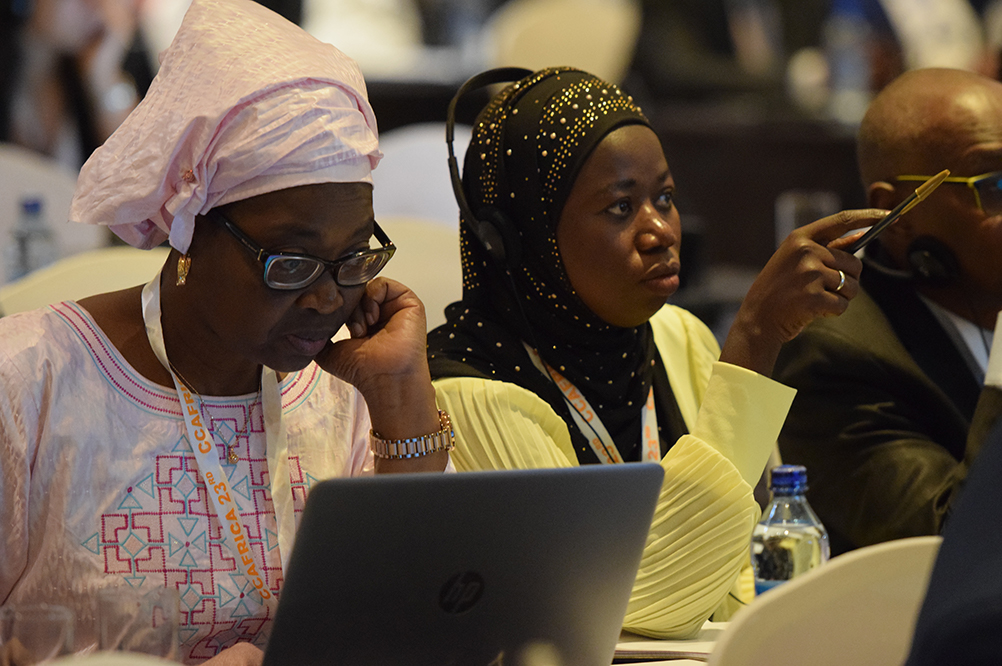CCAFRICA hears calls for further investment in food safety for greater market access
More than 130 participants from 31 Member Countries, 5 Observer Countries and 7 Observer Organizations are gathered in Nairobi, Kenya for the 23rd session of the FAO/WHO Coordinating Committee for Africa, which kicks of the new round of regional consultations that take place every two years in Codex.
Codex standards underpin regulatory, scientific and technological capacities
Opening the meeting, the Deputy President of the Republic of Kenya, William Ruto called for increased funding to programmes geared towards enhancing food safety and emphasised the need to strengthen the regulatory, scientific and technological capacities throughout the food value chain to facilitate those innovations that will shift food production and consumption towards greater sustainability.
“It is our conviction that the standards of Codex Alimentarius are necessary to underpin efforts to strengthen the regulatory, scientific and technological capacities throughout the food value chain”, he said.
Increasingly complex and vast food value and supply chains pose a challenge to food safety. “I assure this session of the continued support by the Kenyan Government for the efforts of the standard-setting technical working groups under the Codex Alimentarius Commission”, said Ruto. “As we embark on improving standards, expanding productivity and enhancing market access, we must consolidate our capacities in the related areas of risk analysis, trust-building and public engagement”.
Mwangi Kiunjuri, Cabinet Secretary, Ministry of Agriculture, Livestock and Fisheries, Kenya, said the agricultural sector had “made great steps to enhance market access through strengthening food safety infrastructure as shown by the development and adaptation of various Codex standards”.
“It is my expectation”, said Kiunjuri, “to take advantage of the wealth of knowledge brought together at this session, to come up with practical recommendations to enhance consumer confidence in the food that is traded across Africa and the world”.
Charles Bebay, FAO Representative to Kenya, underlined how FAO was working to “ensure that food safety remains high on the political agenda” and of the importance of aligning food safety strategies across sectors and borders.
WHO estimates that 91 million people in the region fall ill from consuming contaminated food every year and 137 000 die as a result. Rudi Eggers, WHO Representative to Kenya, said “countries in the region are increasingly realising the importance of Codex standards to ensure that populations are not only protected from food safety hazards but that their products can be traded globally”.
Mr. Steve Wearne, Vice Chair Codex Alimentarius Commission, said: “We’re on the verge of realising a cohesive, verifiable farm-to-fork food safety regime benefiting the health of Africans and further opening of global export markets to African food products. Codex standards will be key to realising this objective”.

Delegates will discuss a range of regional standards at CCAFRICA23
The meeting runs until Friday and delegates will discuss a range of regional standards as well as the new 2020-2025 Codex Strategic Plan which will set the course for Codex work in the region for the next five years.
Read more
Follow the CCAFRICA23 agenda.







